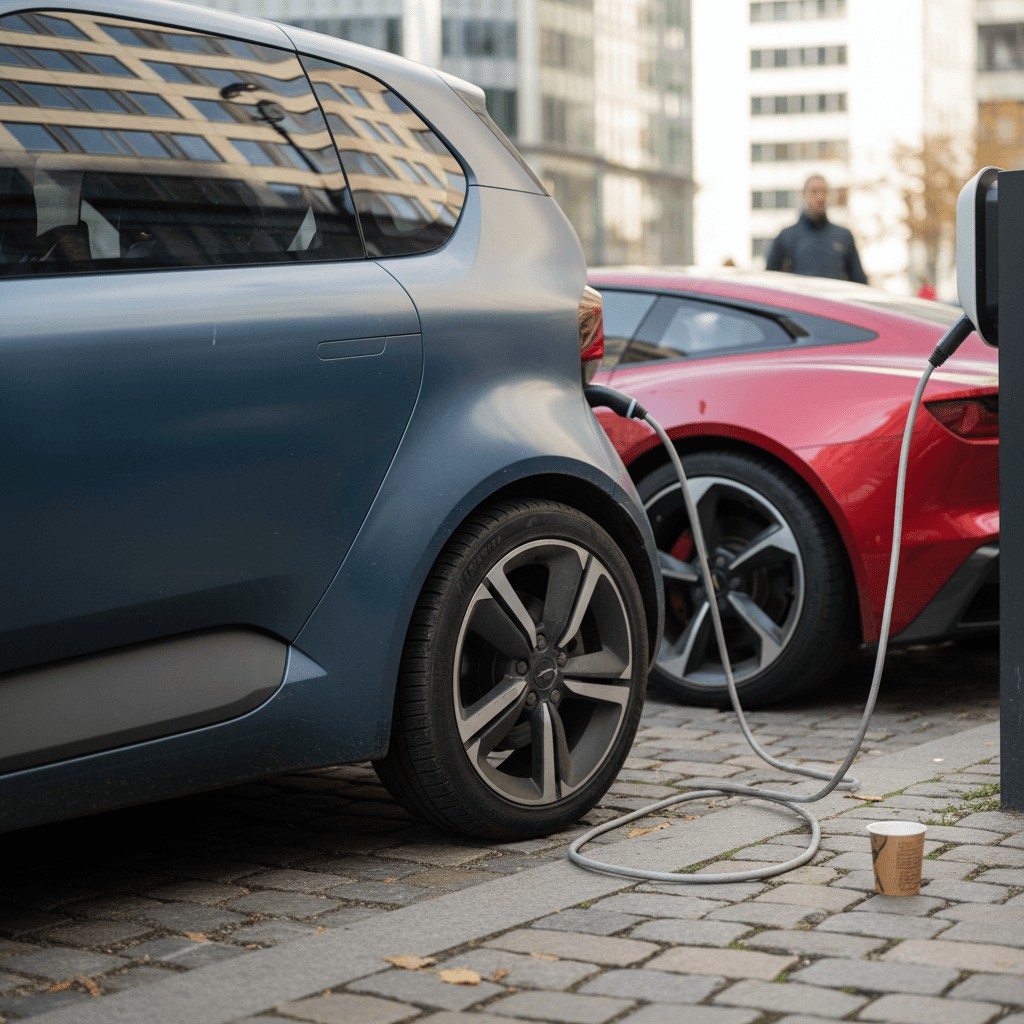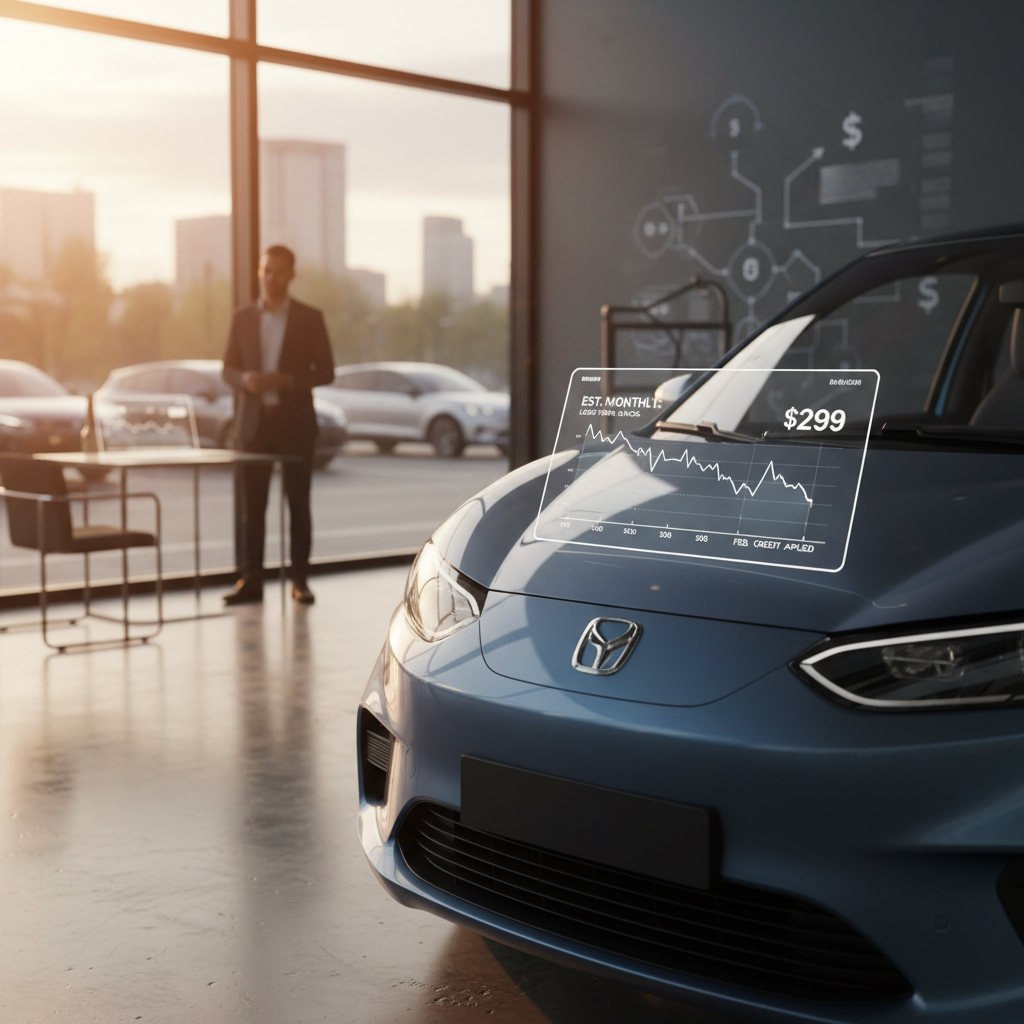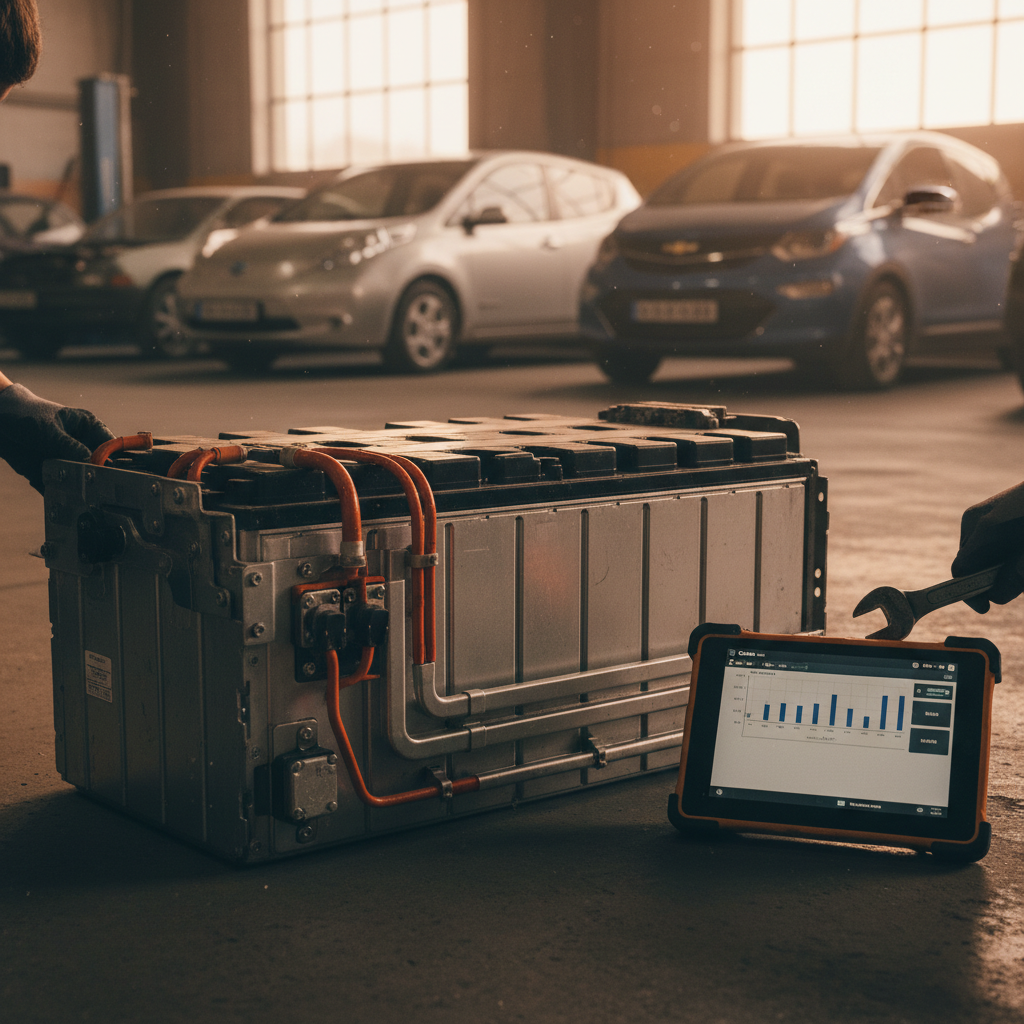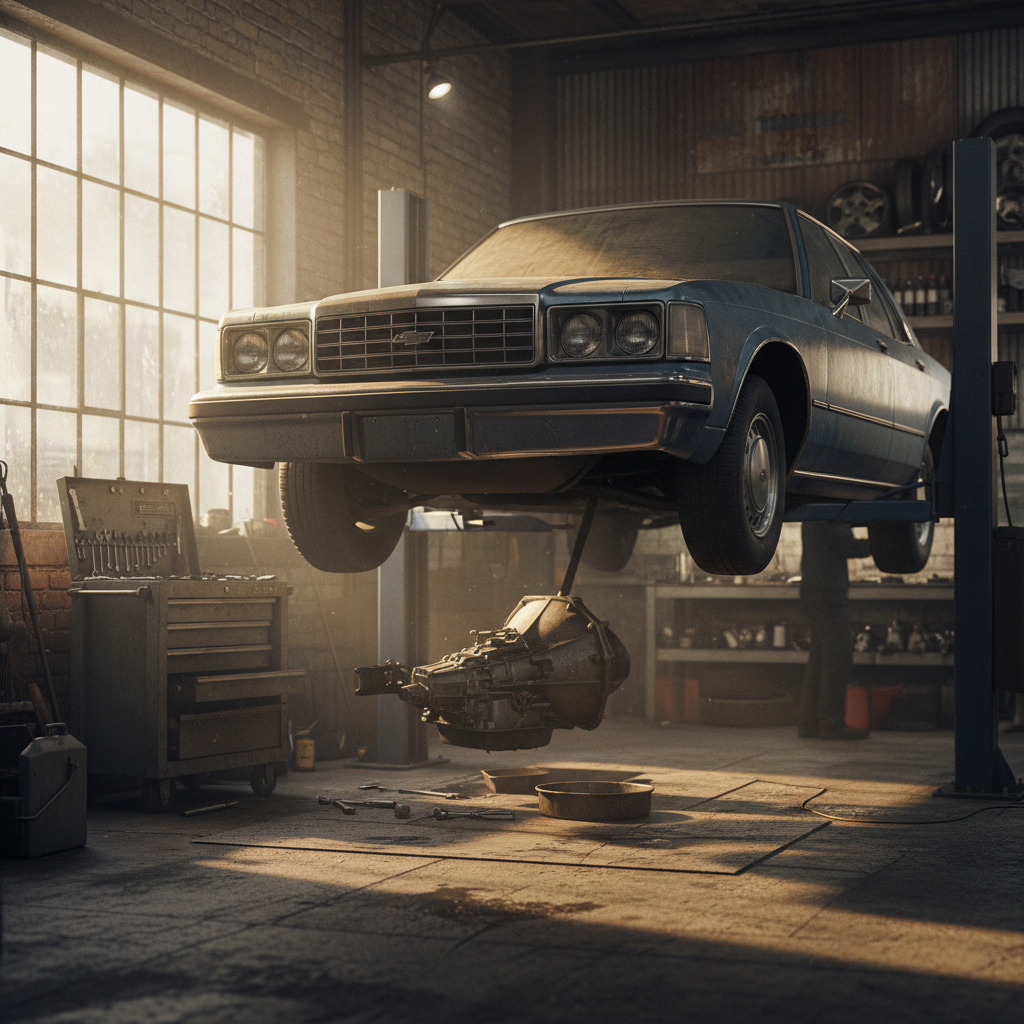You don’t type “auto repair shops near me” into your phone when everything’s fine. You do it when the check engine light just popped on, your brake pedal feels soft, or your EV is suddenly refusing to charge. In that moment, you don’t just need any shop nearby, you need one you can actually trust, especially if you drive an electric vehicle.
Quick overview
Why searching “auto repair shops near me” matters more now
Modern cars, gas, hybrid, and electric, are rolling computers. That means the old approach of picking the closest garage and hoping for the best doesn’t cut it anymore. A good shop today needs up-to-date training, proper diagnostic tools, and fair, transparent pricing. The wrong shop can misdiagnose issues, push unnecessary repairs, or, in the case of EVs, be unsafe around high-voltage systems.
Why it pays to choose the right shop
In other words, that map full of pins when you search "auto repair near me" doesn’t tell you anything about quality. The rest of this guide helps you separate the shops that just happen to be nearby from the ones that deserve your business.
Types of auto repair shops near you
The main types of auto repair shops you’ll see nearby
Knowing who you’re looking at helps you ask better questions.
Dealership service departments
Best for: Newer vehicles under warranty, recalls, software updates, brand‑specific issues.
- Factory tools and brand‑specific training.
- Access to technical service bulletins and proprietary software.
- Usually higher labor rates and busier schedules.
Independent general repair shops
Best for: Out‑of‑warranty cars, routine maintenance, most mechanical issues.
- Often 20–30% cheaper than dealers.
- Quality varies, certifications and reviews matter.
- Some are starting to service hybrids and EVs.
Specialty & EV-focused shops
Best for: Performance work, specific brands, or electric/hybrid vehicles.
- Deep expertise in a narrower slice of vehicles.
- May have long wait lists but higher success rates.
- Crucial for battery and high‑voltage repairs.
As you scroll through “auto repair shops near me,” try to figure out which category each one fits into. A small independent shop with a master technician can be a better bet than a gleaming lobby with little technical depth.
EV owners: Not every “auto repair shop near me” is ready for your car

If you drive a hybrid or full battery electric vehicle, you face a second question after "Which auto repair shops are near me?", which ones actually know what they’re doing with EVs? Many great mechanics are still focused on traditional engines. They may happily rotate your tires or replace cabin filters, but they’re not prepared for battery diagnostics or high‑voltage repairs.
- Look for technicians with ASE certifications (especially the L3 Advanced Electric Drive credential for EVs and hybrids).
- Ask whether the shop has high‑voltage safety training and insulated tools on site.
- Confirm that they’ve worked on your specific make and model, for example, not all EV shops handle Tesla or Rivian.
- For structural or collision repairs on some EVs, the manufacturer may require factory‑authorized body shops to keep warranties intact.
EV reality check
How to evaluate an auto repair shop near you
Once you’ve narrowed down the list of auto repair shops near you, the goal is to figure out which ones combine good workmanship with fair pricing and clear communication. Here’s a simple framework you can use whether you drive gas or electric.
7‑step checklist for choosing a repair shop near you
1. Read recent, detailed reviews
Focus on reviews from the last 6–12 months and look for specifics: how the shop handled misdiagnosed issues, whether estimates matched final bills, and how they treated customers when something went wrong.
2. Check certifications and training
Look for ASE badges in the lobby or on the shop’s website. EV owners should ask specifically about EV or hybrid certifications and factory training on their brand.
3. Ask about warranties on work
A solid shop should offer at least a 12‑month/12,000‑mile warranty on most repairs, and many now offer 24 or 36‑month coverage on certain parts. If they can’t explain their warranty clearly, be wary.
4. Compare estimates, not just prices
Get written estimates that break out parts, labor, shop fees, and taxes. A rock‑bottom quote with vague details can end up more expensive than a slightly higher, transparent estimate.
5. Look for transparent diagnostics
Many modern shops offer digital inspections with photos or videos of problem areas. That transparency helps you see what they see and reduces the feeling of being upsold.
6. Evaluate communication style
Call or message the shop and note how they respond. Do they answer questions patiently? Do they explain things in plain language? Good communication is often a strong predictor of overall experience.
7. Consider convenience, but don’t let it be everything
Location, hours, shuttles, and loaner vehicles matter, but they shouldn’t outweigh competence and honesty. Driving an extra 15 minutes to a better shop is worth it for major work.
Pro tip for EV owners
Dealership vs independent shop for EV repairs
Dealership service departments
- Pros: Brand‑specific tools, access to proprietary software, and direct line to factory technical support.
- Best for: Warranty work, recalls, complex software issues, and some high‑voltage battery repairs.
- Cons: Higher hourly rates, busier schedules, and they may recommend more "by‑the‑book" repairs that cost more up front.
Independent EV‑capable shops
- Pros: Often 20–30% cheaper than dealers, more personalized service, and increasingly strong EV expertise in major metro areas.
- Best for: Out‑of‑warranty repairs, suspension and brake work, charging problems, and many battery diagnostics.
- Cons: Quality varies. Verify certifications, tools, and experience with your specific EV before committing.
The sweet spot for many EV owners is using the dealership for warranty and software items while building a relationship with a trusted independent shop for everything else.
Common services you can get at most shops near you
Not every job requires a brand‑specific guru. Here are services you can usually get at many well‑equipped auto repair shops near you, along with notes for EV drivers.
What most shops can handle (and what EV owners should ask)
Use this to quickly triage whether a nearby shop is likely a fit for your issue.
| Service | Gas vehicles | EV / Hybrid vehicles | Questions to ask |
|---|---|---|---|
| Oil change | Routine at any shop | Not applicable for most EVs; hybrids still need them | N/A for EVs; for hybrids, confirm correct spec oil and interval. |
| Tire rotation & alignment | Common service almost anywhere | Critical for heavy EVs to prevent premature wear | Do you regularly align EVs? Do you know my car’s specific specs? |
| Brake service | Standard at most shops | EVs use regenerative braking but still need fluid and hardware checks | Have you serviced brakes on my model EV or similar ones? |
| HVAC & cabin filters | Routine job | Similar on EVs and gas cars | Do you stock the right filter and refrigerant for my vehicle? |
| Check engine / warning lights | Standard diagnostics | EVs may require brand‑specific diagnostic tools | What scan tools do you use? Are they compatible with my EV? |
| Charging issues | Not applicable | Requires EV‑specific knowledge | Have you diagnosed onboard charger or charge‑port problems before? |
Always verify EV experience when the job involves high‑voltage components or battery packs.
Where Recharged fits in
Red flags when choosing an auto repair shop
5 warning signs to think twice about a shop
If you see more than one of these, keep scrolling past that listing.
No written estimates
Vague answers about training
Heavy pressure to approve work now
No warranty on repairs
Long pattern of unresolved complaints
EVs treated like an afterthought
High‑voltage safety is non‑negotiable
Planning ahead: Repair strategy for used EV owners

If you already own, or are thinking about buying, a used EV, planning your repair strategy is just as important as picking the right car. Battery health, charging behavior, and prior repair history can all influence which auto repair shops near you are a good long‑term fit.
Before you buy a used EV
- Get an independent inspection, ideally at an EV‑experienced shop.
- Review a detailed battery health report, like the Recharged Score, so you understand capacity and any signs of unusual degradation.
- Ask which shops have serviced the car so far and what was done.
After you buy a used EV
- Identify at least one EV‑savvy shop and one tire/brake specialist near you.
- Schedule baseline maintenance: tire rotation, brake inspection, and coolant checks where applicable.
- Keep digital copies of all repair orders so you can spot patterns early.
Use distance strategically
FAQ: Auto repair shops near me
Frequently asked questions about auto repair shops near you
Key takeaways before you book that appointment
When you search “auto repair shops near me”, you’re really searching for trust. The closest pin on the map isn’t always the best choice, especially if you drive an EV. Look for proven training, clear communication, solid warranties, and, for electric vehicles, evidence that the shop understands high‑voltage systems and your specific model.
If you’re just entering EV ownership, or shopping for a used electric vehicle, Recharged is built to make that journey easier. Every EV we sell includes a Recharged Score Report with verified battery health and fair market pricing, plus expert support to help you understand maintenance and repair expectations before you buy. That way, when it’s time to choose between the many auto repair shops near you, you’ll already know what your car needs and what questions to ask.



